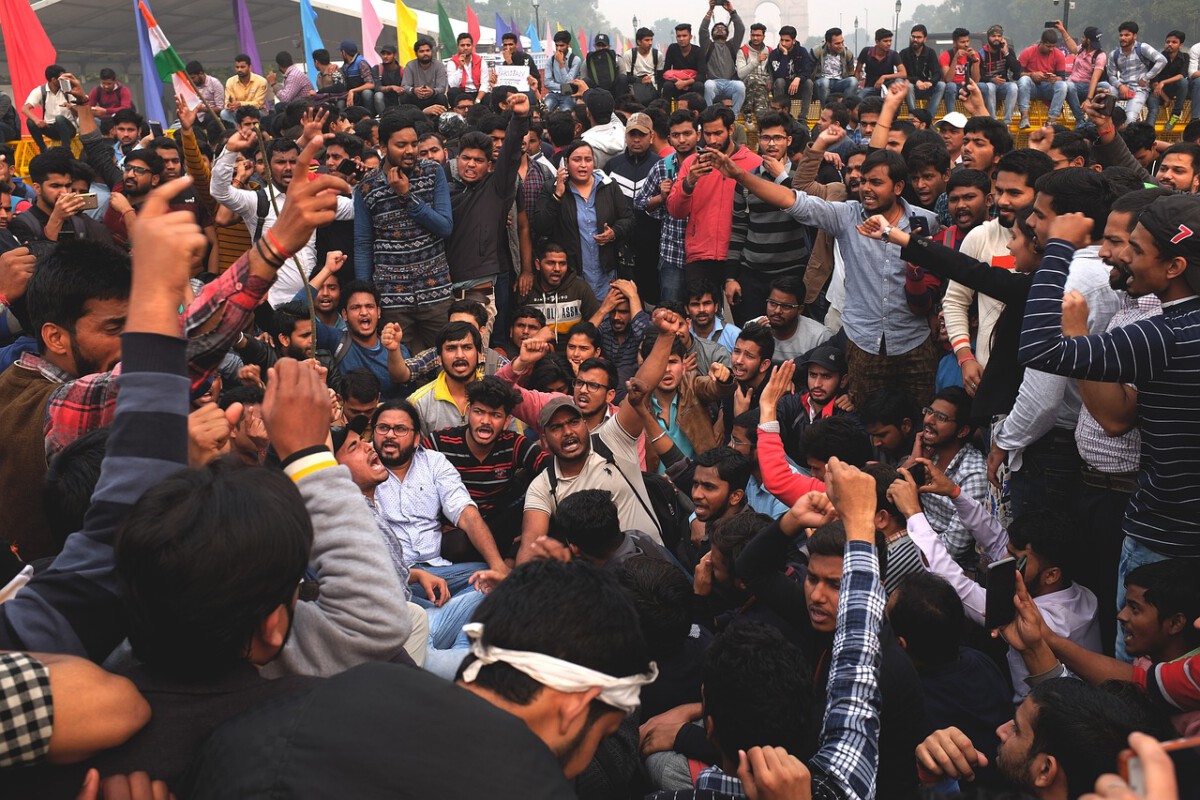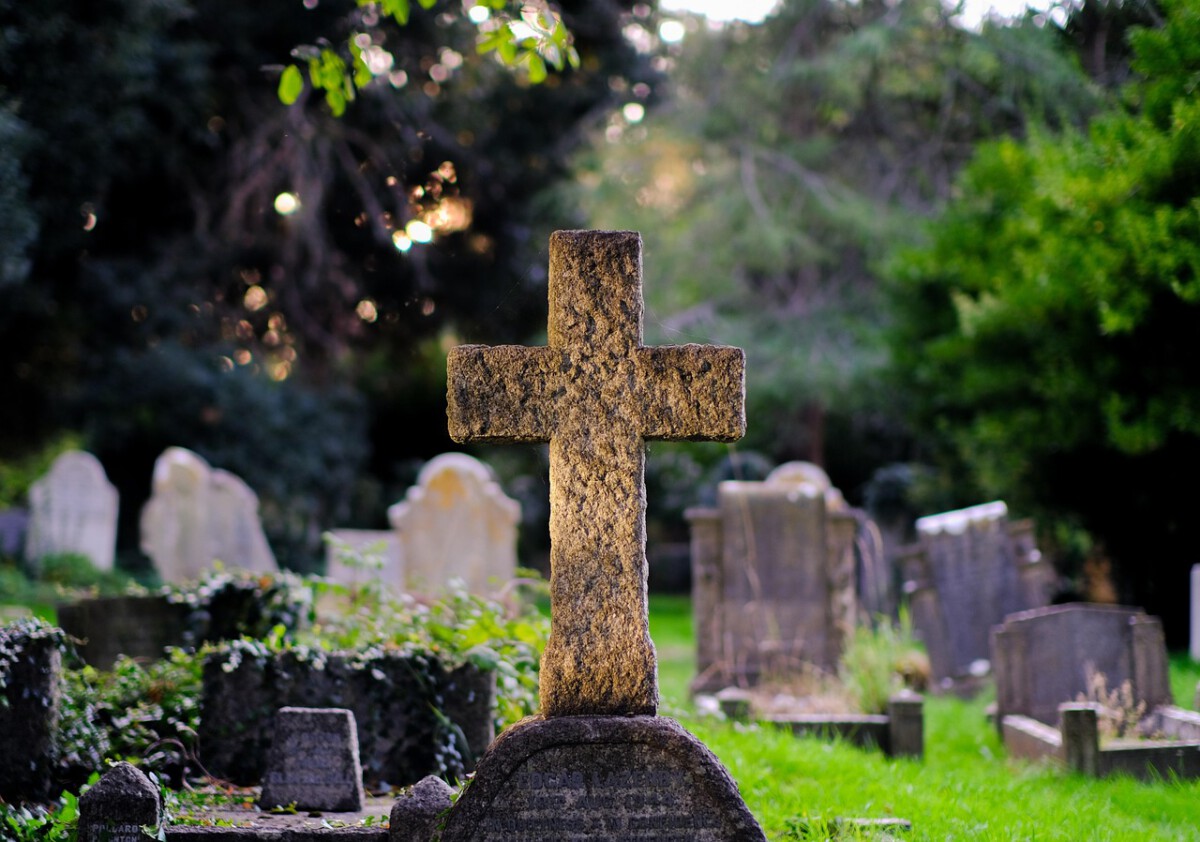A World Where Words Can Kill

Imagine posting a comment on social media that gets you a death sentence. Picture criticizing religious authority and finding yourself facing life in prison. This isn’t dystopian fiction – it’s the stark reality for millions of people living under blasphemy laws in 2025. The Report reveals that ‘blasphemy’ laws — be they explicit or de facto laws against “hurting religious sentiments” often intended to curb communal violence — exist in at least 89 countries across the globe, affecting 57% of the global population. While some travelers might know about visa requirements or vaccination records before jetting off to their next destination, few realize they could be walking into a legal minefield where expressing the wrong opinion could land them behind bars – or worse. These seven countries stand out as having the most severe blasphemy laws in the world, where freedom of speech meets its ultimate test.
Pakistan – The Blasphemy Capital of the World

Pakistan leads the world in both the number of blasphemy cases and death sentences handed down for religious insults. Blasphemy is a capital offence in Pakistan. The Pakistan Penal Code outlaws blasphemy (Urdu: قاون ناموس رسالت) against any recognized religion, with punishments ranging from a fine to the death penalty. The numbers are staggering – Between 1987 and February 2021, at least 1,855 individuals were charged under Pakistan’s blasphemy laws. What makes Pakistan particularly dangerous is that Although death sentences for blasphemy have been issued on numerous occasions, no one has yet been executed by the order of the courts or government of Pakistan. However, those accused of blasphemy are frequently targeted and killed by angry mobs before any trial can begin. In January 2025, four men were sentenced to death for allegedly posting sacrilegious material on social media, showing how the digital age has made blasphemy prosecutions even more common. The fear is so intense that According to one religious minority source, an accusation of blasphemy commonly exposes the accused, police, lawyers, and judges to harassment, threats, attacks, and rioting.
Saudi Arabia – Where Atheism Meets the Executioner

In Saudi Arabia blasphemy can be punished by a death sentence. The kingdom operates under a strict interpretation of Islamic law where even tweeting criticism of religious figures can land you in serious trouble. In Saudi Arabia, an Indian national was charged with blasphemy in 2019, fined, and sentenced to 10 years in prison for tweeting criticism of Muhammad and Allah, as well as of the Saudi government. What’s particularly chilling about Saudi Arabia’s approach is that Like many Islamic states, “blasphemy” is conceived as a deviation from Sunni Islam and is thus treated as apostasy. Apostasy is criminalized and punishable by death. The country’s blogger Raif Badawi became internationally known when he was sentenced to 1,000 lashes and 10 years in prison for running a liberal website. Accordingly, many cases and convictions for free thought and expression are not made public which makes it very difficult to accurately report on the full extent of Saudi repression. Following a 2011 amendment to the country’s press law by a royal decree, the press is prohibited from criticizing the government or related officials, with violations potentially resulting in fines or forced closures of the press concerned.
Iran – The Islamic Republic’s Iron Fist

Iran stands as one of the world’s most repressive regimes when it comes to blasphemy laws. Blasphemy is punishable by death in Iran, Pakistan, Afghanistan, Brunei, Mauritania and Saudi Arabia. The country’s theocratic system means that any criticism of Islam or the state’s interpretation of religious doctrine can be treated as a capital offense. Pakistan has the world’s second-strictest blasphemy laws after Iran. What makes Iran particularly dangerous for travelers and residents alike is the broad interpretation of what constitutes blasphemy. The regime has used these laws to silence political dissent, crush women’s rights activists, and eliminate anyone who challenges the Islamic Republic’s authority. Social media posts, academic discussions, and even artistic expressions can trigger blasphemy charges. The country’s Revolutionary Guards and religious courts work hand-in-hand to ensure that any perceived insult to Islam results in severe punishment, including lengthy prison sentences and public executions.
Afghanistan – Taliban’s Return to Medieval Justice

In Afghanistan blasphemy can be punished with a death sentence. Since the Taliban’s return to power in 2021, Afghanistan has reverted to some of the harshest interpretations of Islamic law in the world. Afghanistan: Blasphemy law in Afghanistan is defined by the Penal Code of 1976, which addresses “Crimes Against Religions”, but leaves the issue of blasphemy to Sharia. Sharia permits the authorities to treat blasphemy as a capital crime. The authorities can punish blasphemy with death if the blasphemy is committed by a male of sound mind over age 18 or by a female of sound mind over age 16. The legal system gives the accused a brief window for mercy – Anyone accused of blasphemy has three days to recant. If an accused does not recant, death by hanging may follow. For travelers, Afghanistan represents one of the most dangerous countries in the world when it comes to freedom of expression. Even downloading and sharing articles that discuss religious topics critically can result in death sentences, as seen in past cases involving journalists.
Nigeria – Where Mob Justice Rules

In Nigeria blasphemy can be punished by a death sentence. Nigeria presents a unique and terrifying situation where blasphemy laws exist at both federal and state levels, with twelve northern states operating under Sharia law. Recalls that Nigeria is party of the International Covenant on Civil and Political Rights (ICCPR), which restricts capital punishment to the most serious crimes, and that the Sharia is practiced in at least 12 states in northern Nigeria and imposes the death penalty for blasphemy What makes Nigeria particularly dangerous is the prevalence of mob violence. According to Amnesty International Nigeria, at least 91 people have been victims of mob action under a religious pretext between 2017 and 2024, most of whom were Christians or from religious minority groups. “Mob justice has become a weapon of fear in Nigeria,” Amnesty stated in its 2024 report. The case of Deborah Emmanuel Yakubu, a Christian student who was stoned and burned to death by her classmates in 2022 for a WhatsApp message, shows how quickly blasphemy accusations can turn deadly. Despite recent court rulings calling for the repeal of these laws, enforcement remains inconsistent and dangerous.
Brunei – The Sultan’s Zero Tolerance

Brunei: Capital punishment in Brunei was introduced for blasphemy in April 2019, but under heavy international pressure, the sultan of Brunei announced a moratorium on the death penalty while defending the legislation overall. This small Southeast Asian nation might be known for its luxury and oil wealth, but it harbors some of the world’s strictest blasphemy laws. In 2013, Brunei Darussalam created a new penal code which imposes the death penalty for some blasphemy cases, as well as other restrictions on religious freedom including against propagating any religion other than Islam. The country’s government has long enforced the Sharia Penal Code, which states offences such as blasphemy and apostasy are punishable by corporal and capital punishment. While executions haven’t been carried out recently, the threat remains very real. For travelers visiting this seemingly peaceful nation, understanding that even casual comments about religion could trigger serious legal consequences is crucial. The US State Department says the death penalty has not been applied in these cases since 1957 but there have been some instances of caning as a punishment. It reports fears that the laws can be used to constrain non-Muslim group activities.
Mauritania – Africa’s Islamic Republic

Mauritania rounds out our list as one of the few countries where blasphemy laws carry the death penalty. In some countries – such as Afghanistan, Brunei, Iran, Mauritania, Nigeria, Pakistan and Saudi Arabia – violations of blasphemy laws can carry the possibility of the death penalty, according to sources used for this analysis. This West African nation operates as an Islamic Republic where Sharia law governs much of the legal system. As of July 2020, apostasy by Muslims (ridda) carries the death penalty in the following countries: Afghanistan, Brunei, Iran, the Maldives, Mauritania, Qatar, Saudi Arabia, Somalia (implicitly), the United Arab Emirates, and Yemen. What makes Mauritania particularly concerning for travelers is its relatively low international profile – many people don’t realize how strict the country’s religious laws are until it’s too late. The country’s interpretation of Islamic law means that any public expression of non-Islamic beliefs, criticism of Islamic practices, or even academic discussion of religious topics can trigger blasphemy charges. The legal system provides little protection for foreigners, and diplomatic intervention often comes too late once charges are filed.
Why These Laws Persist in the Modern World

Understanding why blasphemy laws continue to thrive in 2025 requires looking beyond simple religious devotion. My research shows that blasphemy laws historically emerged to serve the political and religious authorities, and they continue to have a role in silencing dissent in many Muslim countries. These laws often serve as convenient tools for governments to crush political opposition, silence critics, and maintain social control. In many cases, they’re used to settle personal disputes rather than protect religious sensibilities. The digital age has made enforcement easier and more common, with social media posts providing permanent evidence that can be used in court. While Pakistan’s blasphemy laws have been an instrument of persecution for decades, there has been a significant rise in the number of blasphemy cases since 2022. In 2020, individuals brought 11 cases of alleged blasphemy in Pakistan, and 9 in 2021. In 2024, at least 475 blasphemy cases were registered. The laws also create a climate of fear that extends far beyond those actually prosecuted, affecting millions who self-censor to avoid accusations.
The Human Cost of Sacred Boundaries

The real tragedy of blasphemy laws isn’t just the legal penalties – it’s the human cost measured in lives destroyed, families torn apart, and communities living in fear. Since 1990, 62 people have been murdered following blasphemy accusations. These numbers only tell part of the story. Behind each statistic is a human being whose crime was often nothing more than expressing an opinion, asking a question, or simply being different. While the use of ‘blasphemy’ and religious insult laws is indiscriminate — affecting all religion or belief groups in a country irrespective of the proportion of the population they represent — the non-religious face a unique challenge: just the mere fact that they do not believe in a supernatural power or god may prompt an accusation of “blasphemy”. Data collected by Humanists International shows that the fear of being labeled as a ‘blasphemer’ — and the corresponding risk of violence and ostracism that such labels carry — is one of the primary drivers of non-religious people choosing to hide their beliefs. For travelers, this means that countries with blasphemy laws aren’t just legal minefields – they’re places where fundamental human dignity is under attack.
What This Means for Modern Travelers

For the millions of people who travel internationally each year, these laws represent hidden dangers that most guidebooks don’t mention. A casual social media post, a philosophical discussion with locals, or even wearing the wrong t-shirt could trigger blasphemy accusations in these countries. The rise of digital surveillance makes it easier than ever for authorities to monitor and prosecute visitors for content they created before even entering the country. Smart travelers need to research not just visa requirements and local customs, but also the specific blasphemy laws of their destination. This means understanding that freedom of speech as we know it in Western democracies simply doesn’t exist in these places. Even diplomatic immunity doesn’t always protect foreign nationals from blasphemy charges, and consular services can only do so much once legal proceedings begin. The safest approach is total avoidance of religious topics in these countries – no debates, no questions, no casual comments that could be misconstrued.
As we look at this sobering reality in 2025, it’s clear that the battle for freedom of expression is far from over. These seven countries represent some of the most repressive regimes on Earth when it comes to religious criticism, affecting hundreds of millions of people who live under the constant threat of persecution for their thoughts and words. For travelers seeking adventure and cultural exchange, understanding these laws isn’t just about avoiding legal trouble – it’s about recognizing places where basic human rights remain under siege. The question that lingers is haunting: in an interconnected world where ideas cross borders instantly, how long can these legal walls against free thought truly hold?






